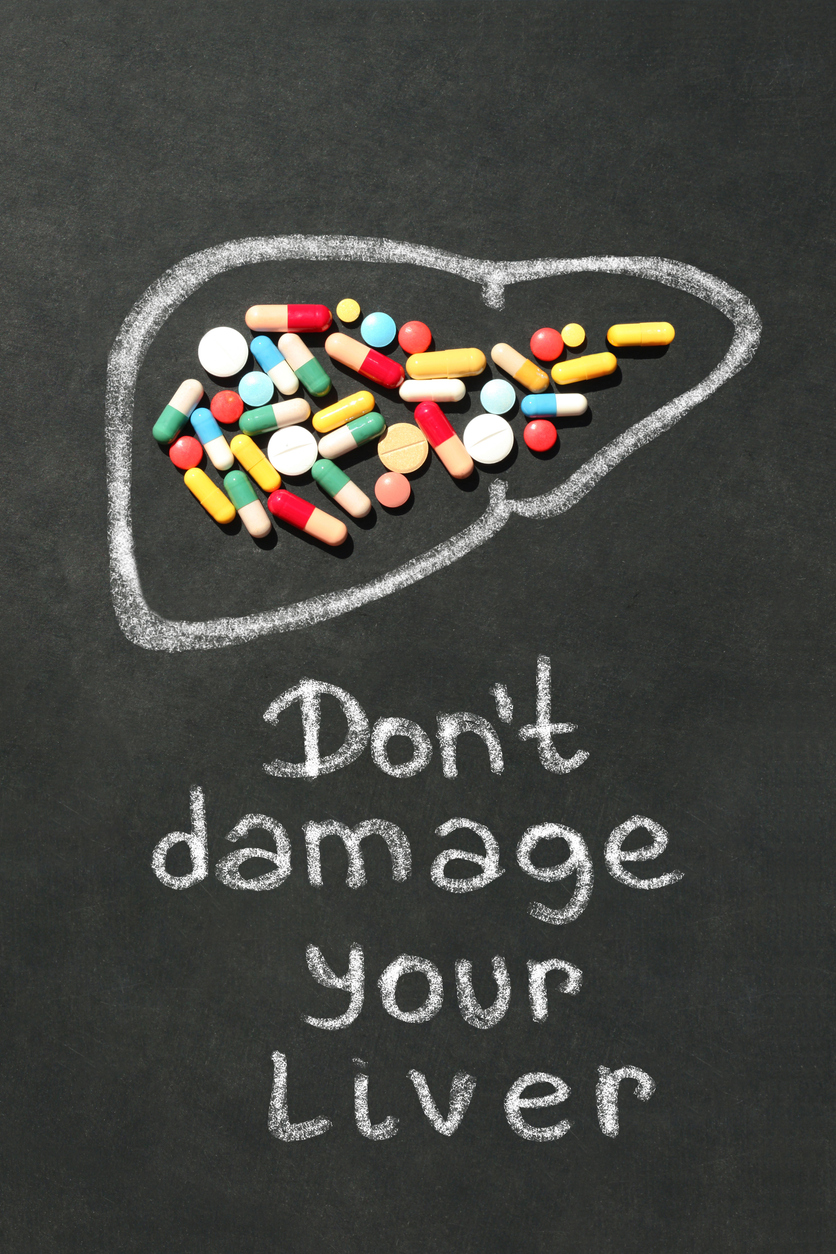Treatments
How the Overturning of Roe v. Wade Affects Access to Drugs

On June 24, 2022, the United States Supreme Court overturned Roe v. Wade, removing the right to an abortion from federal protection by the right to privacy. The decision to regulate abortions was returned to the individual states, without federal constitutional standards. Women of childbearing age with a pain condition, such as lupus, rheumatoid arthritis, migraines, etc., may no longer have access to certain medications that treat these conditions.
Methotrexate is commonly prescribed to treat rheumatoid arthritis. Although rare, it can also be prescribed to induce abortion or treat ectopic pregnancies. In states determining abortions to be illegal, physicians and pharmacists may be fined or face other consequences for writing or filling prescriptions of methotrexate for women of childbearing age. Currently, six states have banned “abortion-inducing drugs,” including methotrexate, despite the fact that the dosage prescribed for rheumatoid arthritis treatment is much lower than the dosage to induce abortion.
Some health care professionals are selecting less effective treatment options that are safer for pregnant women and fetuses. For example, women with multiple sclerosis (MS) may not receive the preferred treatment of monoclonal antibodies due to potential harm to a fetus. Utilizing less effective treatment options as a result of the overturning of Roe v. Wade may cause increased pain or disabilities for women with autoimmune or neurological conditions.
The U. S. Health and Human Service Department (HHS) advised pharmacies that they cannot deny access to prescribed medications used for abortions if it is prescribed for a disabling condition. Individuals experiencing difficulty accessing medications as a result of the Supreme Court decision should contact their health care professional. They may also consider directly contacting an organization, such as the Arthritis Foundation.















